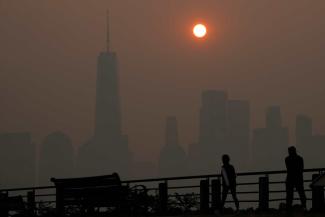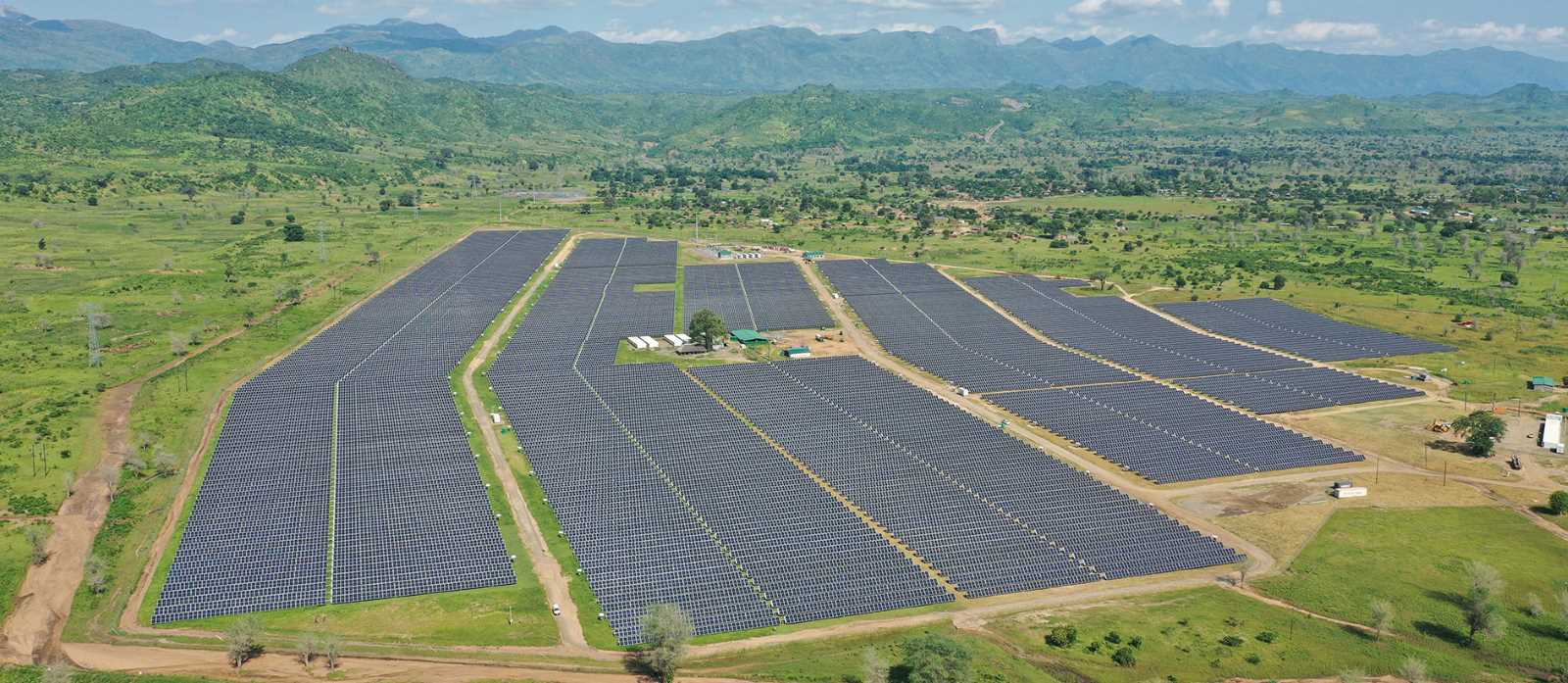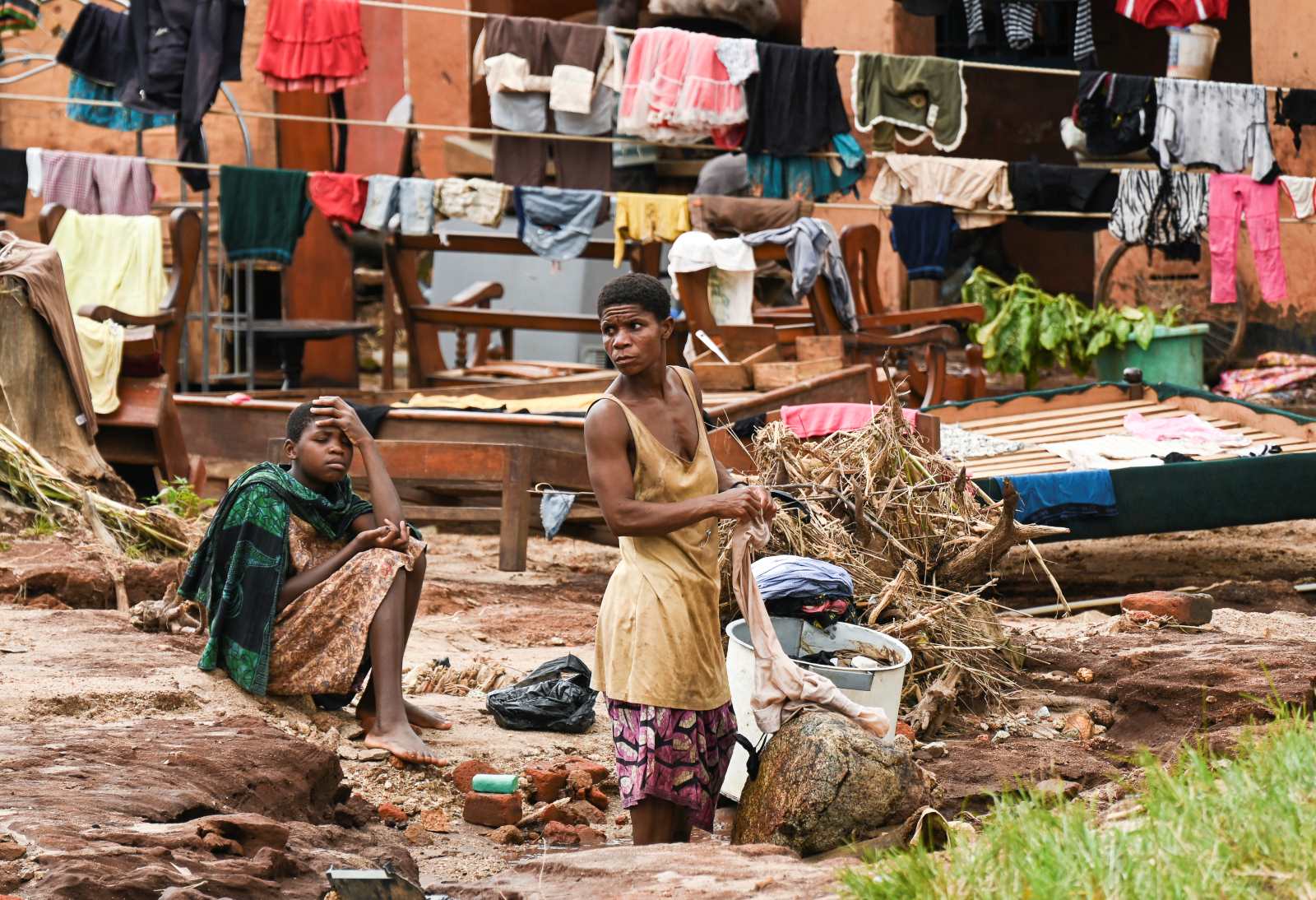Climate crisis
Climate crisis keeps escalating

Summer arrived early and often with record-shattering high temperatures in different parts of the world. On 29th May, Shanghai recorded its hottest day for the month in 100 years at 36.7 degrees Celsius. On 13th May, Singapore recorded the highest daily temperature for May since 1983. Vietnam’s northern province of Thanh Hoa recorded its highest-ever temperature of 44.1°C on 6th May.
During April, countries like India, Bangladesh, China, Thailand and Laos faced one of the worst April heat waves. Road surfaces melted in Dhaka while schools were closed, state assemblies could not function and some people died in India. The heat did not even spare the first cheetah cubs to be born in India in decades.
In the Mediterranean region, local temperatures were up to 20 degrees higher than normal for April. Affected countries included Spain, Portugal, Morocco and Algeria.
Unusual heat exacerbates dryness and increases the likelihood of wildfires. More than 54,000 hectares of Russian forests were ablaze in the Urals in recent weeks. Smoke from Canadian forest fires clouded the north-eastern USA in smog.
Things are set to get worse. The World Meteorological Organization (WMO), a UN agency, expects global average temperatures to surge to record levels in the next five years. There is a two-thirds chance that the global average temperature will exceed the 1.5°C above industrial levels which the Paris Agreement has set as the goal.
Complex weather patterns in the Pacific Ocean play a role. According to the WMO, the cooling influence of the La Niña conditions will give way to the hotter El Niño. The prognosis is obvious. The combination of still rising greenhouse-gas emissions and El Niño will further heat the planet.
Dire consequences
The EU’s Copernicus Climate Change Service (C3S) reckons that heat waves killed more than 20,000 people in Europe in 2022. People in southern Europe endured 70 to 100 days of heat stress. Even the UK had unprecedented high temperatures of more than 40°C.
People in tropical and subtropical countries are more accustomed to high temperatures than Europeans. However, many work outdoors, and they are dangerously exposed to extreme weather. When heat and humidity combine to produce “wet-bulb” conditions, mammals struggle to shed heat through perspiration. Survival may depend on immediate access to cooling. Air conditioning, however, is not available to the most vulnerable people, and even electric fans often are not.
Power failures, moreover, regularly leave the better-off unprotected too. A deep irony is that many countries’ electricity systems are powered by fossil fuels. They help right now, but their emissions compound problems in the long term. Scientists warn that the climate crisis will have far-reaching repercussions for health, food security and water management.
To a limited extent, adaptation is possible. Awareness about heat waves and preparing for such events is helpful. Finding low-carbon and low-cost means of cooling offices and homes is crucial.
In a very literal sense, what really matters is to stop heat increases. It is therefore disturbing to see how nations with high incomes and large per-capita footprints are dithering and backtracking. The British government is considering slower climate action. Germany cannot make up its mind to finally introduce a speed limit on highways to end petrol-guzzling speeding. Meanwhile, Republicans in the USA are doing what they can to delegitimise ethical investment strategies, which take into account environmental, social and government impacts (ESG).
Policymakers say they do not want to overburden economies. What they call “pragmatism” is really a recipe for disaster. Even today, major insurance companies say they can no longer cover homes in California because they cannot assess the climate risks accurately enough. In other words, they too know the damage is getting worse.
Something needs to be done. Fast. Prosperous nations with ample resources and excessive per-capita emissions must lead the way.
Roli Mahajan is a journalist based in Lucknow, India.
roli.mahajan@gmail.com












